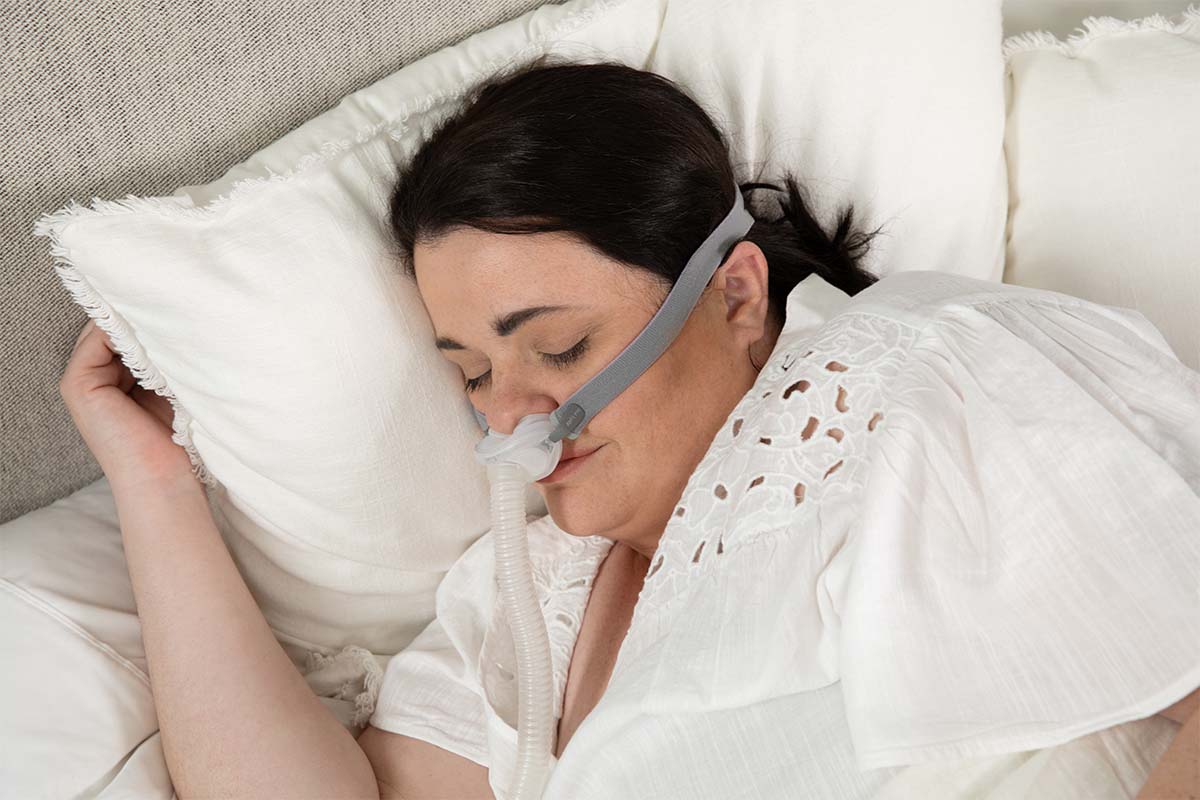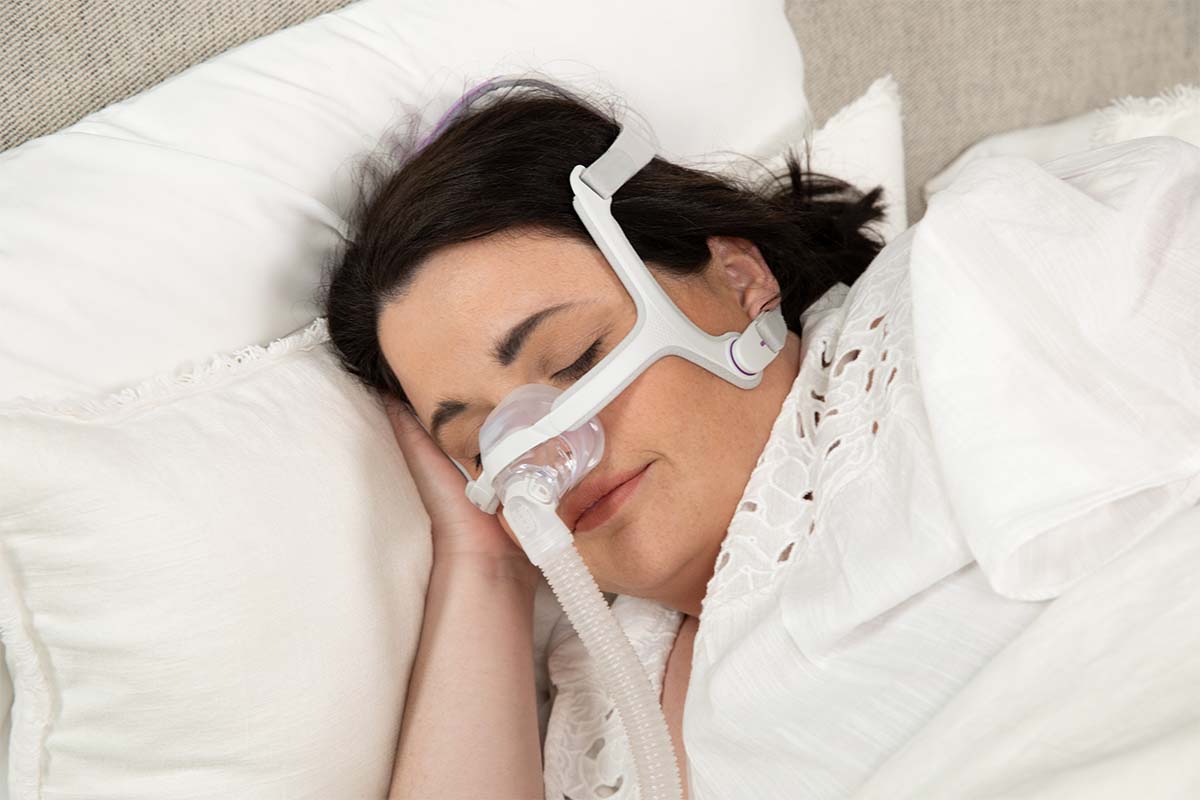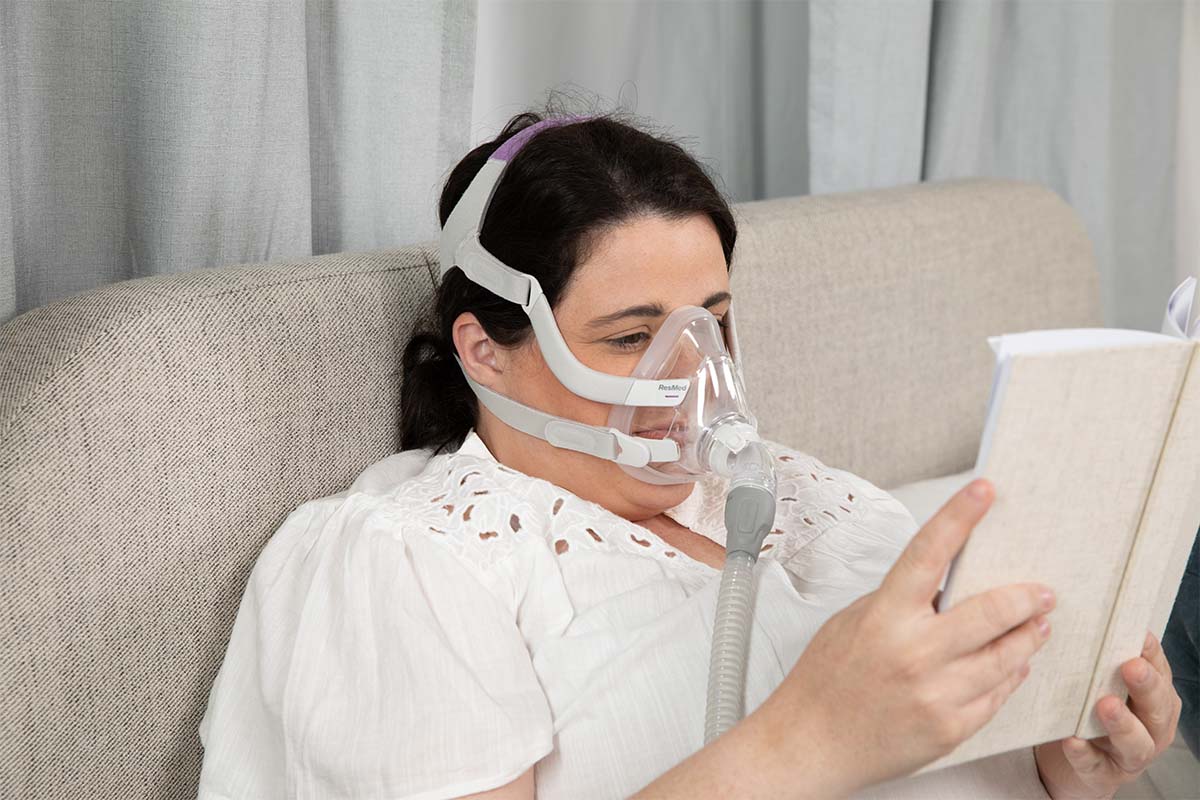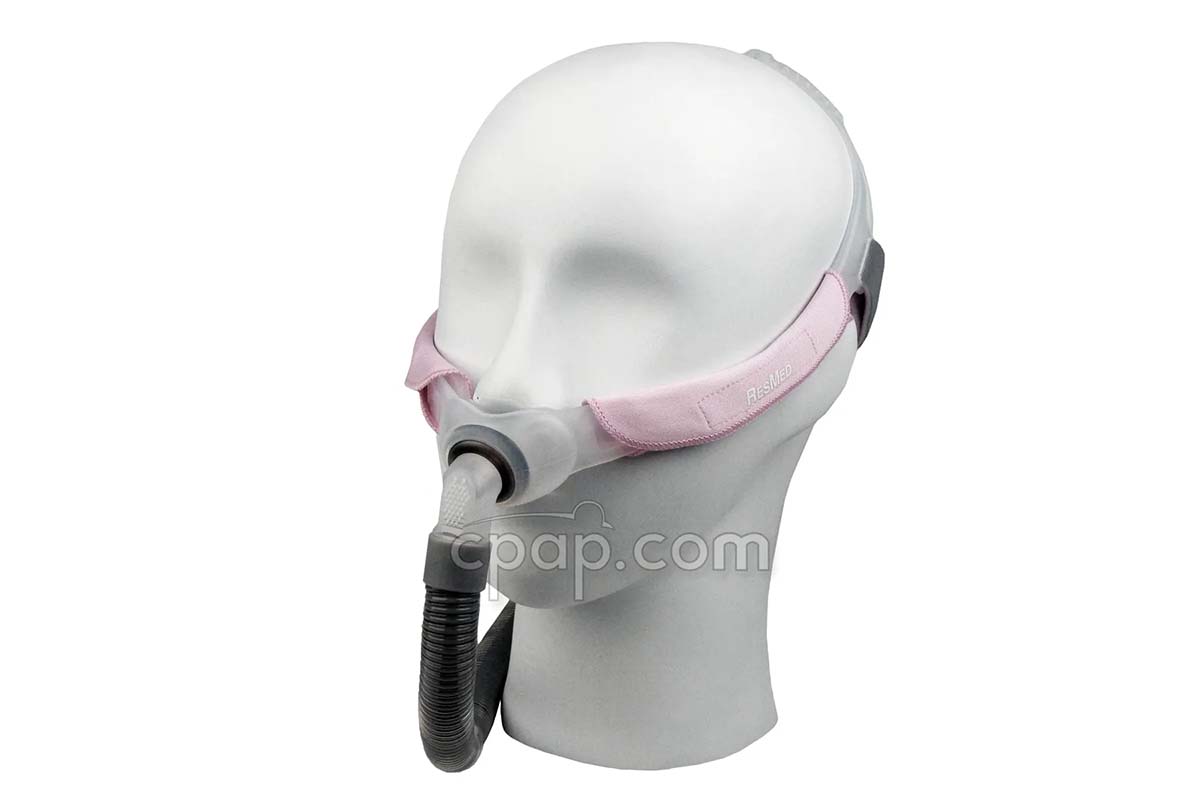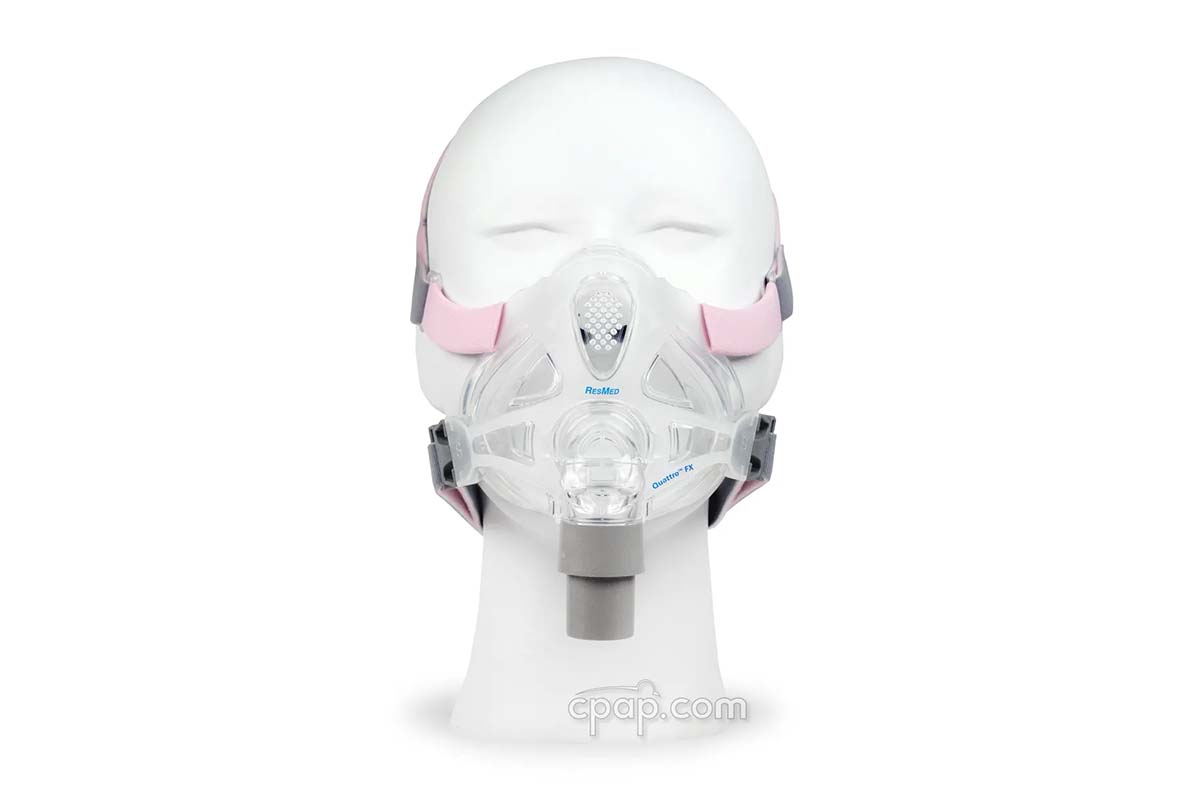5/5
Need more help? Contact us!
Get help from an expert like Liz
Our experts know CPAP inside and out. Give us a call today and one of our 5 star customer service representatives will help you.
or Text "Help" to 832-308-2219
or Text "Help" to 832-408-9760
Mon-Fri 8am-8pm CST, Sat-Sun 8am-5pm CST




